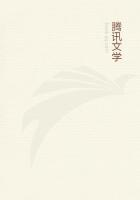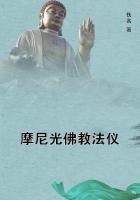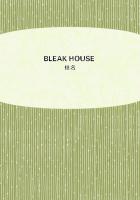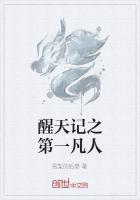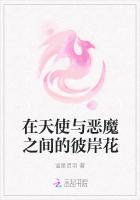There is something antipathetic and gloomy and limited in it, as there is in modern French life; but this seems to me exactly the best possible reason for its being. I believe with Senor Valdes that "no literature can live long without joy," not because of its mistaken aesthetics, however, but because no civilization can live long without joy. The expression of French life will change when French life changes; and French naturalism is better at its worst than French unnaturalism at its best. "No one," as Senor Valdes truly says, "can rise from the perusal of a naturalistic book . . . without a vivid desire to escape" from the wretched world depicted in it, "and a purpose, more or less vague, of helping to better the lot and morally elevate the abject beings who figure in it. Naturalistic art, then, is not immoral in itself, for then it would not merit the name of art; for though it is not the business of art to preach morality, still I think that, resting on a divine and spiritual principle, like the idea of the beautiful, it is perforce moral. I hold much more immoral other books which, under a glamour of something spiritual and beautiful and sublime, portray the vices in which we are allied to the beasts. Such, for example, are the works of Octave Feuillet, Arsene Houssaye, Georges Ohnet, and other contemporary novelists much in vogue among the higher classes of society."
But what is this idea of the beautiful which art rests upon, and so becomes moral? "The man of our time," says Senor Valdes, "wishes to know everything and enjoy everything: he turns the objective of a powerful equatorial towards the heavenly spaces where gravitates the infinitude of the stars, just as he applies the microscope to the infinitude of the smallest insects; for their laws are identical. His experience, united with intuition, has convinced him that in nature there is neither great nor small; all is equal. All is equally grand, all is equally just, all is equally beautiful, because all is equally divine." But beauty, Senor Valdes explains, exists in the human spirit, and is the beautiful effect which it receives from the true meaning of things; it does not matter what the things are, and it is the function of the artist who feels this effect to impart it to others. I may add that there is no joy in art except this perception of the meaning of things and its communication; when you have felt it, and portrayed it in a poem, a symphony, a novel, a statue, a picture, an edifice, you have fulfilled the purpose for which you were born an artist.
The reflection of exterior nature in the individual spirit, Senor Valdes believes to be the fundamental of art. "To say, then, that the artist must not copy but create is nonsense, because he can in no wise copy, and in no wise create. He who sets deliberately about modifying nature, shows that he has not felt her beauty, and therefore cannot make others feel it. The puerile desire which some artists without genius manifest to go about selecting in nature, not what seems to them beautiful, but what they think will seem beautiful to others, and rejecting what may displease them, ordinarily produces cold and insipid works. For, instead of exploring the illimitable fields of reality, they cling to the forms invented by other artists who have succeeded, and they make statues of statues, poems of poems, novels of novels. It is entirely false that the great romantic, symbolic, or classic poets modified nature; such as they have expressed her they felt her; and in this view they are as much realists as ourselves. In like manner if in the realistic tide that now bears us on there are some spirits who feel nature in another way, in the romantic way, or the classic way, they would not falsify her in expressing her so. Only those falsify her who, without feeling classic wise or romantic wise, set about being classic or romantic, wearisomely reproducing the models of former ages; and equally those who, without sharing the sentiment of realism, which now prevails, force themselves to be realists merely to follow the fashion."
The pseudo-realists, in fact, are the worse offenders, to my thinking, for they sin against the living; whereas those who continue to celebrate the heroic adventures of "Puss-in-Boots" and the hair-breadth escapes of "Tom Thumb," under various aliases, only cast disrespect upon the immortals who have passed beyond these noises.

